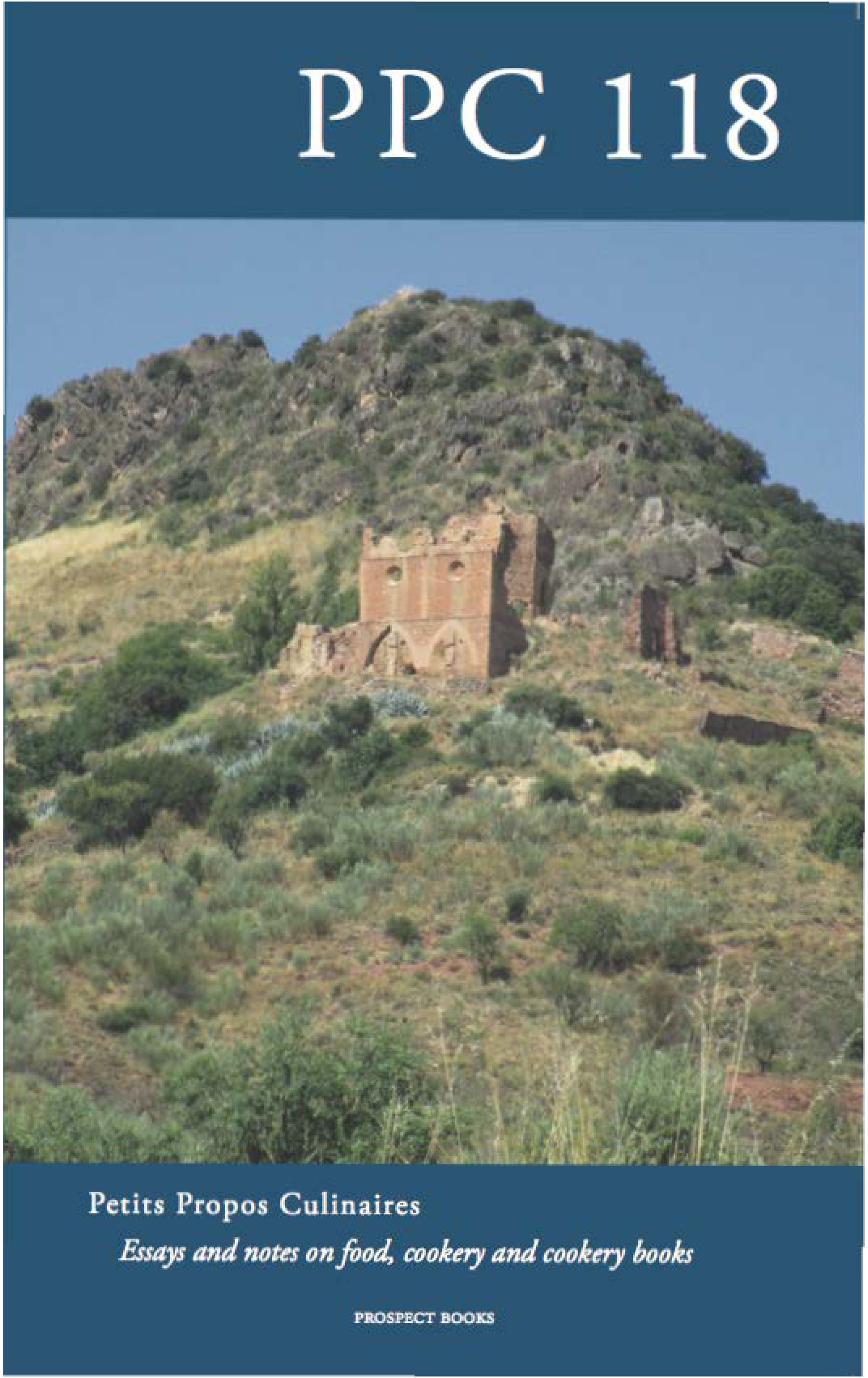‘And in the Morning the Cook … Shall Go into his Kitchen’
Juan Altamiras’ New Art of Cookery, its Origins & Defining Influence on Modern Spanish Cookery
DOI:
https://doi.org/10.1558/ppc.27844Keywords:
Juan Altamiras, New Art of Cookery, Learned From The School of Economic Experience (1745),, Early Modern Spain, 18th century, cookbook history, mendicant, monastic and convent refectories, new world exchange, famine, socioeconomic, rural poor, morisco culture, cooking techniques, flavour combinations, food symbolism, Franciscan order, cross-cultural, catholic food culture, reception history, interreligious encounter, food and religionAbstract
This article contextualizes the approach taken by and publication of Juan Altamiras' recipe book, New Art of Cookery, Learned From The School of Economic Experience (1745). It considers the book as a surfacing of long-evolving and specifically Spanish Franciscan food philosophy and unpacks the mechanisms by which its influence spread through popular cookery. Viewed in such a long perspective and using different methodological approaches, one can follow spiritually rooted ideas carrying secular implications which, when detached from friary life and absorbed into a wider cultural arena, nurtured emerging popular Spanish gastronomy and influenced the wider development of ‘economic’ cookery.
References
Anes y Álvarez de Castrillón, Gonzalo, Las Crisis agrarias en la España moderna (Madrid: Taurus, 1970).
Borras, Gonzalo, ‘Los Artifices del Mudéjar: maestros Moros y Moriscos’ in Teruel Actas del XIII Symposio Internacional del Mudejarismo (Teruel: Centro de Estudios Mudéjares, 2017).
De Nola, Ruperto de, Libro de Guisados (1529), edited by Dionisio Pérez and José María Pisa Villarroya (Huesca: La Val de Onsera, 1994).
Eiximenis, Francesc, L’Art de manger, boire et servir à table (1384), translated by Patrick Gifrau, preface by Pierre Torrès (Perpignan: Éditions de la Merci, 2011).
Glasse, Hannah, First Catch Your Hare, The Art of Cookery Made Plain and Easy (1747), essays by Jennifer Stead and Priscilla Bain (Totnes: Prospect Books, 2004).
Graham, H. and Labany, J., Spanish Cultural Studies, An Introduction: The Struggle for Modernity (Oxford: Oxford University Press, 1995).
Guevara, Antonio, Menosprecio de corte y alabanza de aldea (1539), edición de Juan de Villaquirán (Madrid: Filosofía en española, 1995. www.filosofia.org/cla/gue/gueca15.htm).
López Linaje, Javier, De Papa a patata. La difusión española del tubérculo andino (Madrid: Ministerio de Agricultura, Pesca y Alimentación, 1991).
Hackell, Stephen, Juniper Serra, California’s Founding Father (New York: Hill & Wang, 2014).
Hayward, Vicky, ‘El Arte de Cocina de Juan Altamiras, 1745: La Comida Franciscana y Su Huella en la Gastronomía’ in San Francisco en el arte y en la literatura, ed. Manuel Peláez del Rosal (Córdoba: Asociación Hispánica de Estudios Franciscanos [AHEF], 2020).
Hayward, Vicky, New Art of Cookery, A Spanish Friar’s Kitchen Notebook by Juan Altamiras (Lanham / London: Rowman & Littlefield, 2017).
Herrera, Gabriel Alonso de, Agricultura General (1513), introduction by Eloy Terrón (Madrid: Ministerio de Agricultura, Pesca y Alimentación, 1996).
Jarque Martínez, Encarna, ed., Tierra de Conventos: Santa Catalina del Monte y San Cristóbal de Cariñena (siglos XV–XIX) (Zaragoza: Institución Fernando el Católico, 2010).
Lannon, Frances, ‘Ideological Tensions’ in Spanish Cultural Studies: An Introduction: The Struggle for Modernity, ed. Graham, Helen and Labanyi, Jo (Oxford: Oxford University Press, 1995).
Latassa y Ortín, Félix de, Biblioteca nueva de los escritores aragoneses (Pamplona: Joaquín de Domingo, 1798–1801).
Laudan, Rachel, Cuisine & Empire, Cooking in World History (Los Angeles: University of California Press, 2013).
Martínez Montiño, Francisco, Arte de Cocina, pastelería, bizcochería y conservería (1611) (Valencia: Librerías París-Valencia, 1997).
Menon, La Cuisinière bourgeoise, suivie de l’Office (1746) (Angers: C.C. Mame, 1802).
Piñeda, Juan de, Diálogos familiares de la agricultura cristiana (1589), ed. Meseguer Fernández, Juan (Madrid: Atlas, 1964).
Rodrigués, Domingos, Arte de Cozinha (1732) (Valladolid: Maxtor, 2009).
Sahagún, Bernardino de, A General History of the things of New Spain: Florentine Codex (1540–85), trans. and ed. Arthur J. Andersen and C.E. Dibble (Salt Lake City: School of American Research, 1982) [Historia general de las cosas de Nueva España, Linkua, 2010].
Serrano Montalvo, A., El Población de Aragón Según el Fogaje de 1495 (Zaragoza: Institución Fernando el Católico, 1995).
Urrusolo, A., La Cocina del monasterio (Barcelona: Plaza & Janes, 2009).
Velázquez, F., Doctrina para la educación y criança de los novicios y nuevos professos… (Valencia: Impr. Viuda de Juan Guasch, 1650).
Zaragoza Ayora, Francisco, El Convento de San Lorenzo de la Villa de La Almunia (La Almunia de Doña Godina: Ayto de La Almunia de Doña Godina, 2002).

